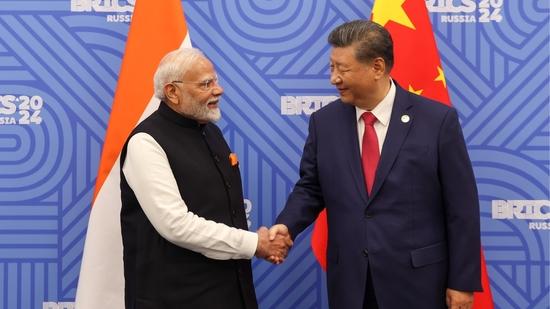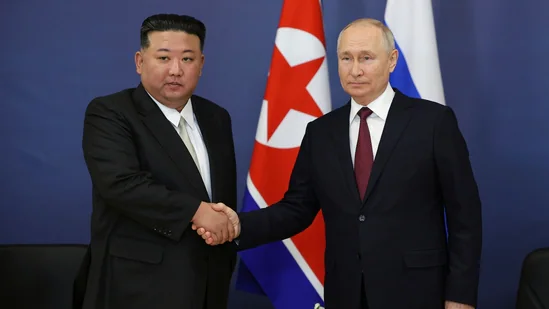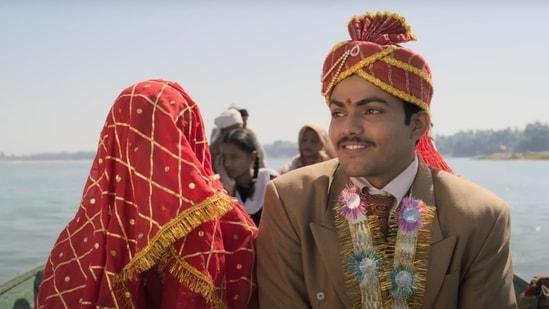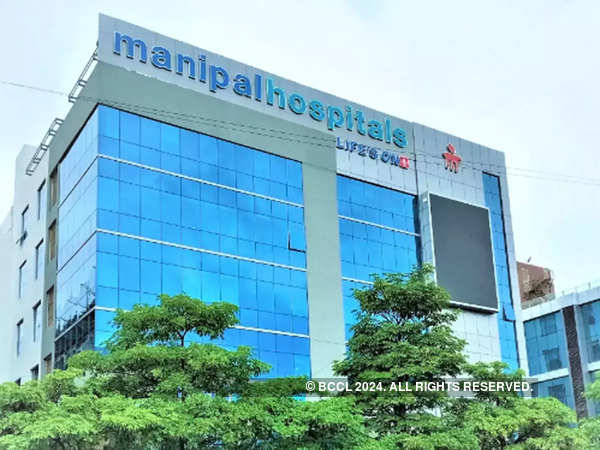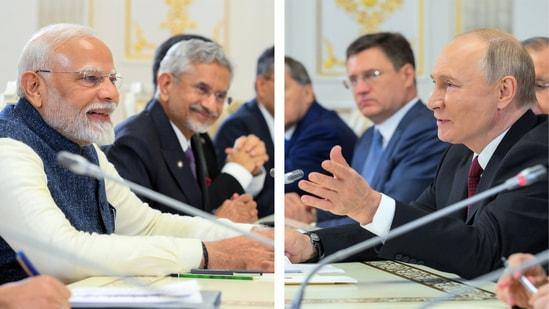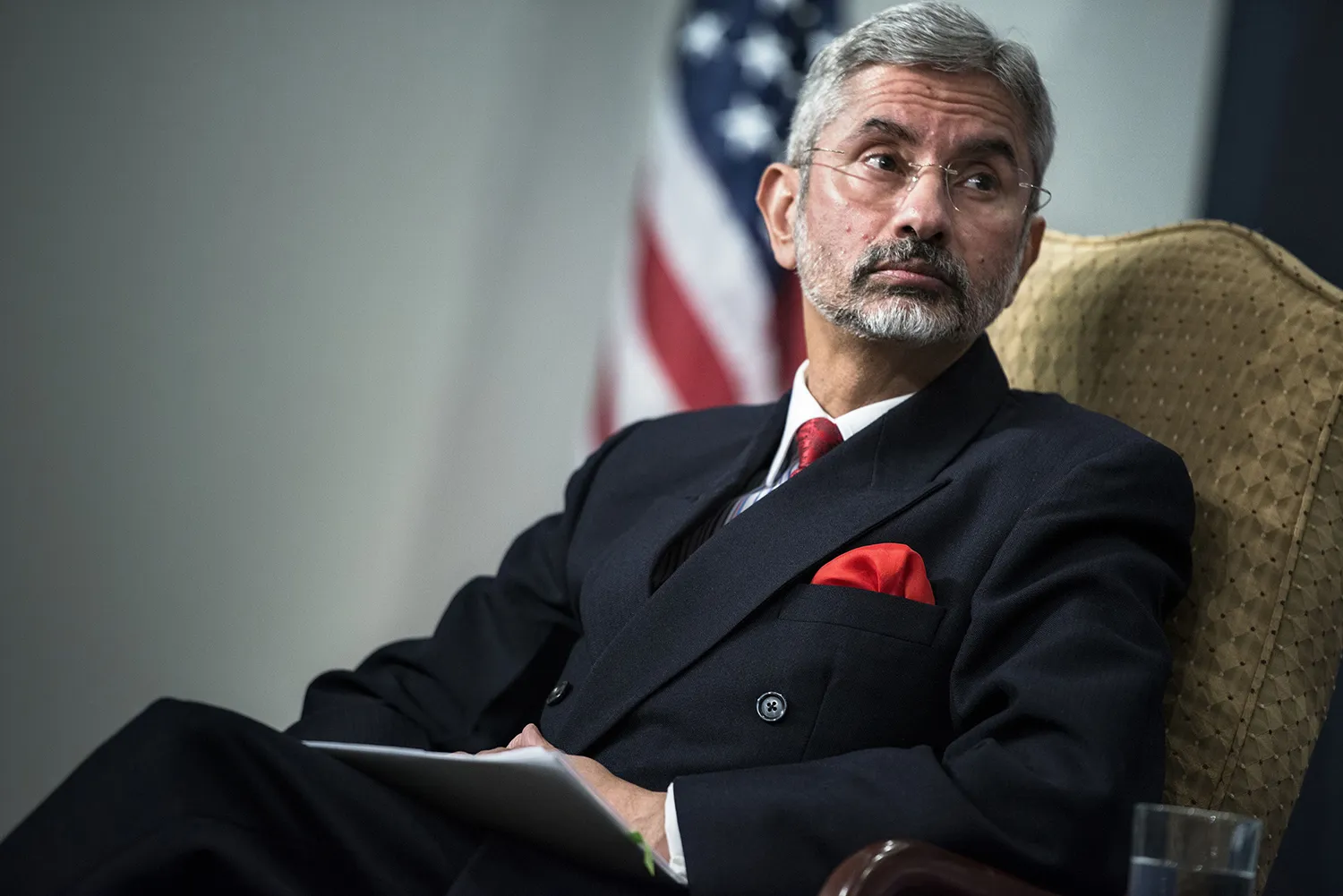PM Narendra Modi meets with Chinese President Xi Jinping in Russia’s Kazan.
Prime Minister Narendra Modi met with Chinese President Xi Jinping on Wednesday during the BRICS Summit in Kazan, Russia. This meeting marks the first formal interaction between the two leaders in five years, following an agreement to resume regular patrols along the Line of Actual Control (LAC) in eastern Ladakh.
The last structured bilateral discussion between Modi and Xi occurred in October 2019 in Mahabalipuram, Tamil Nadu, just months before the intense clashes in Galwan in June 2020. While the leaders had brief encounters at the G20 summit in Bali in 2022 and again in Johannesburg in 2023, this meeting signifies a renewed commitment to dialogue.
Key Developments
The Ministry of External Affairs (MEA) announced on October 21 that an agreement had been reached regarding patrolling arrangements along the LAC, aimed at easing tensions in the border regions.
Following the meeting, PM Modi expressed optimism about the recent agreement for disengagement and the resolution of issues that emerged from the 2020 border conflict. He emphasized the importance of managing differences peacefully and ensuring they do not disrupt regional stability.
Shared Goals
Modi and Xi agreed that their Special Representatives on the boundary issue would meet soon to oversee the management of peace in the border areas. They also committed to using existing dialogue mechanisms among Foreign Ministers and other officials to stabilize and enhance bilateral relations.
Both leaders highlighted the significance of stable and friendly relations between India and China, noting that as two of the largest nations, their cooperation could positively impact regional and global peace and prosperity. They stressed the need to view bilateral relations from a strategic and long-term perspective, focusing on enhanced communication and collaborative efforts to tackle developmental challenges.
This meeting represents a crucial step towards rebuilding ties between the two nations, potentially leading to greater cooperation and stability in the region.

